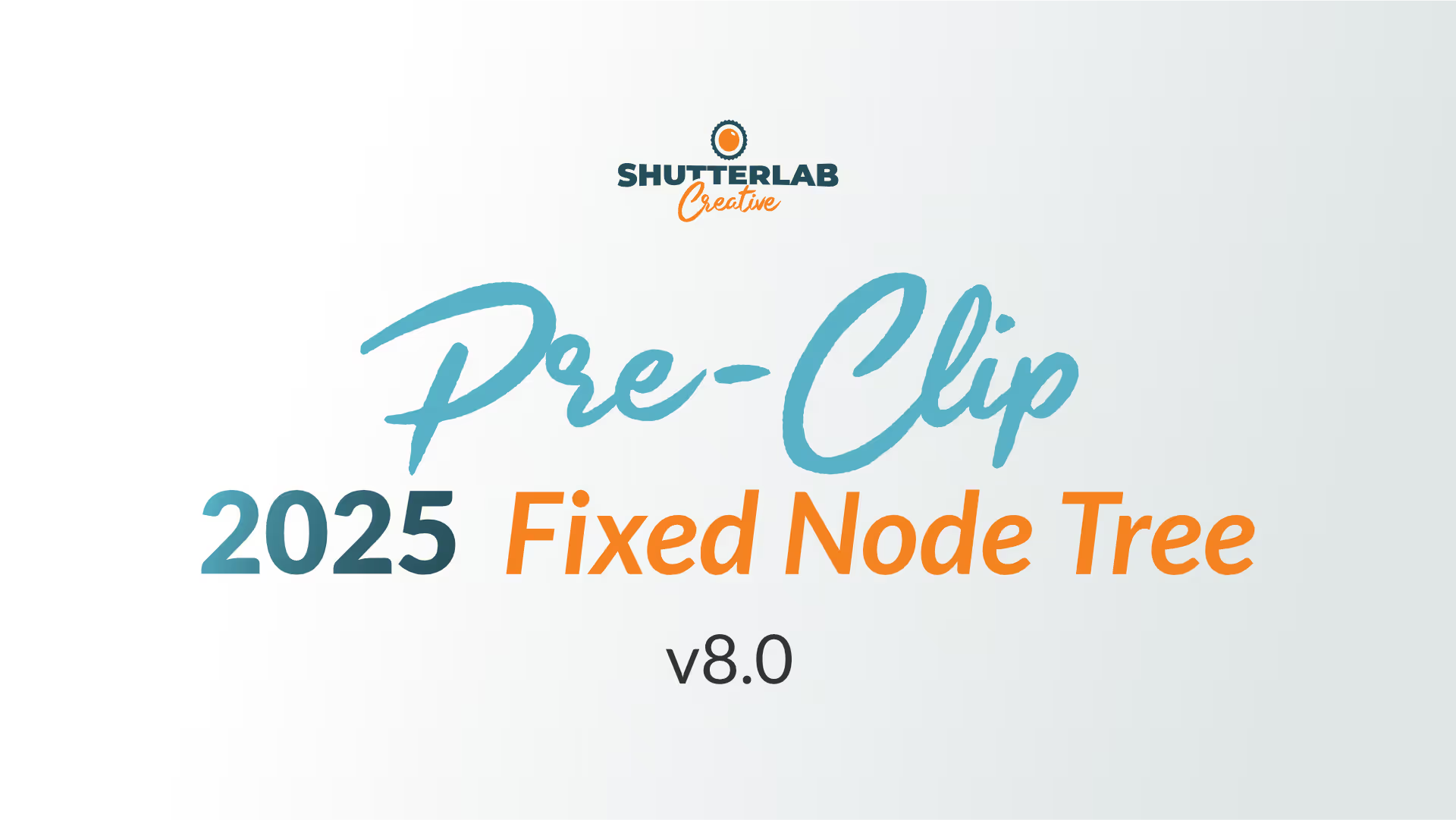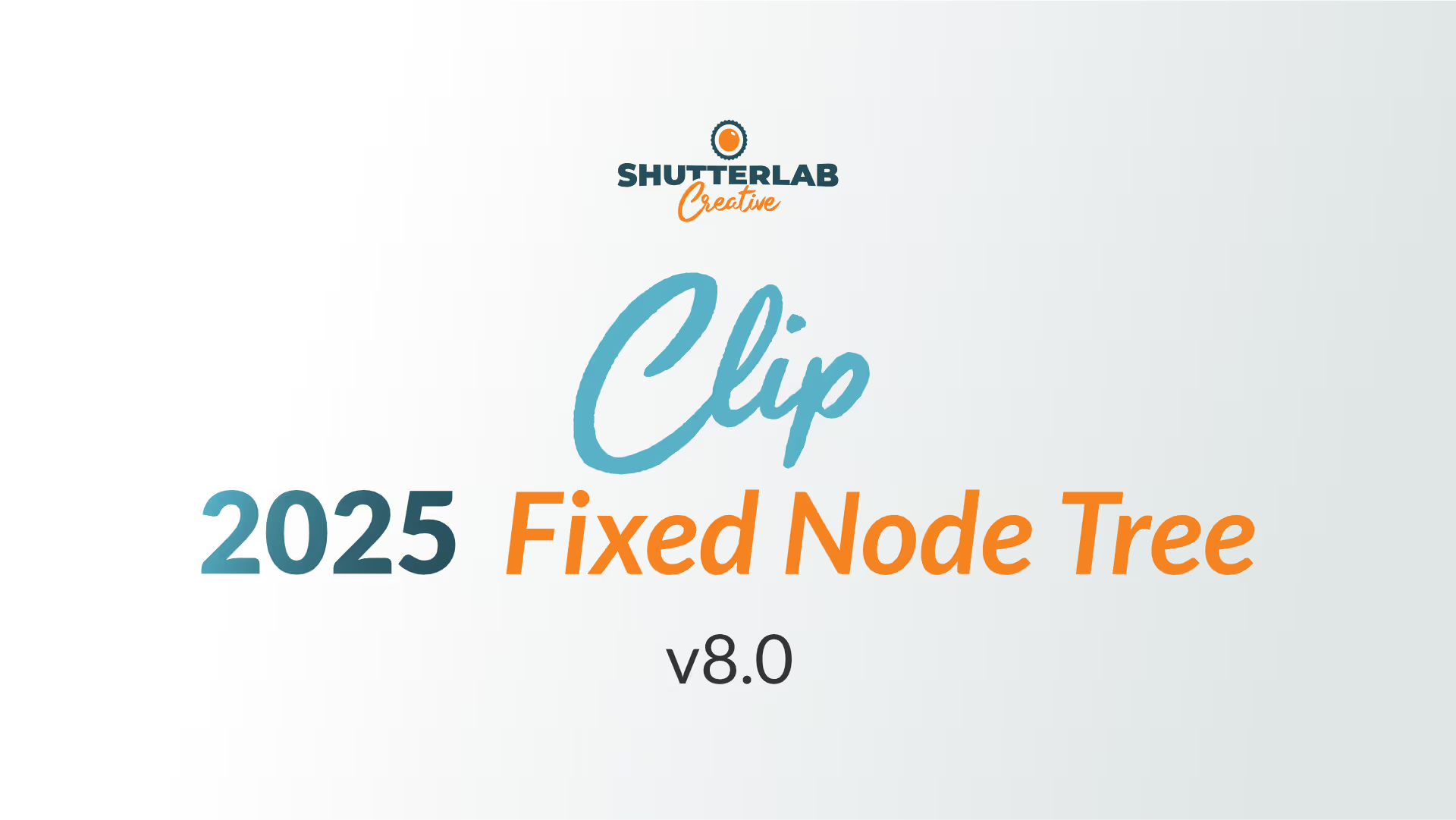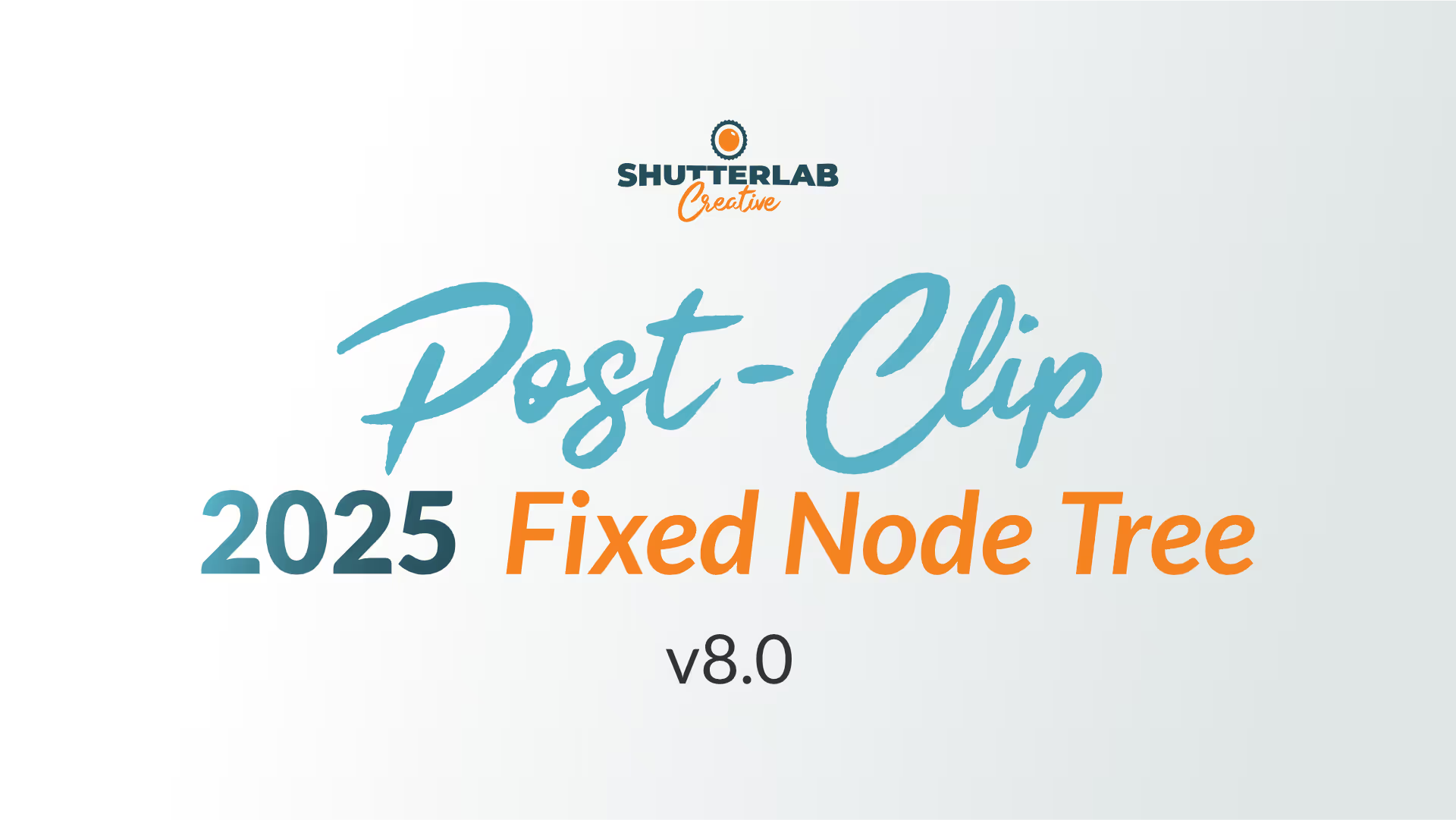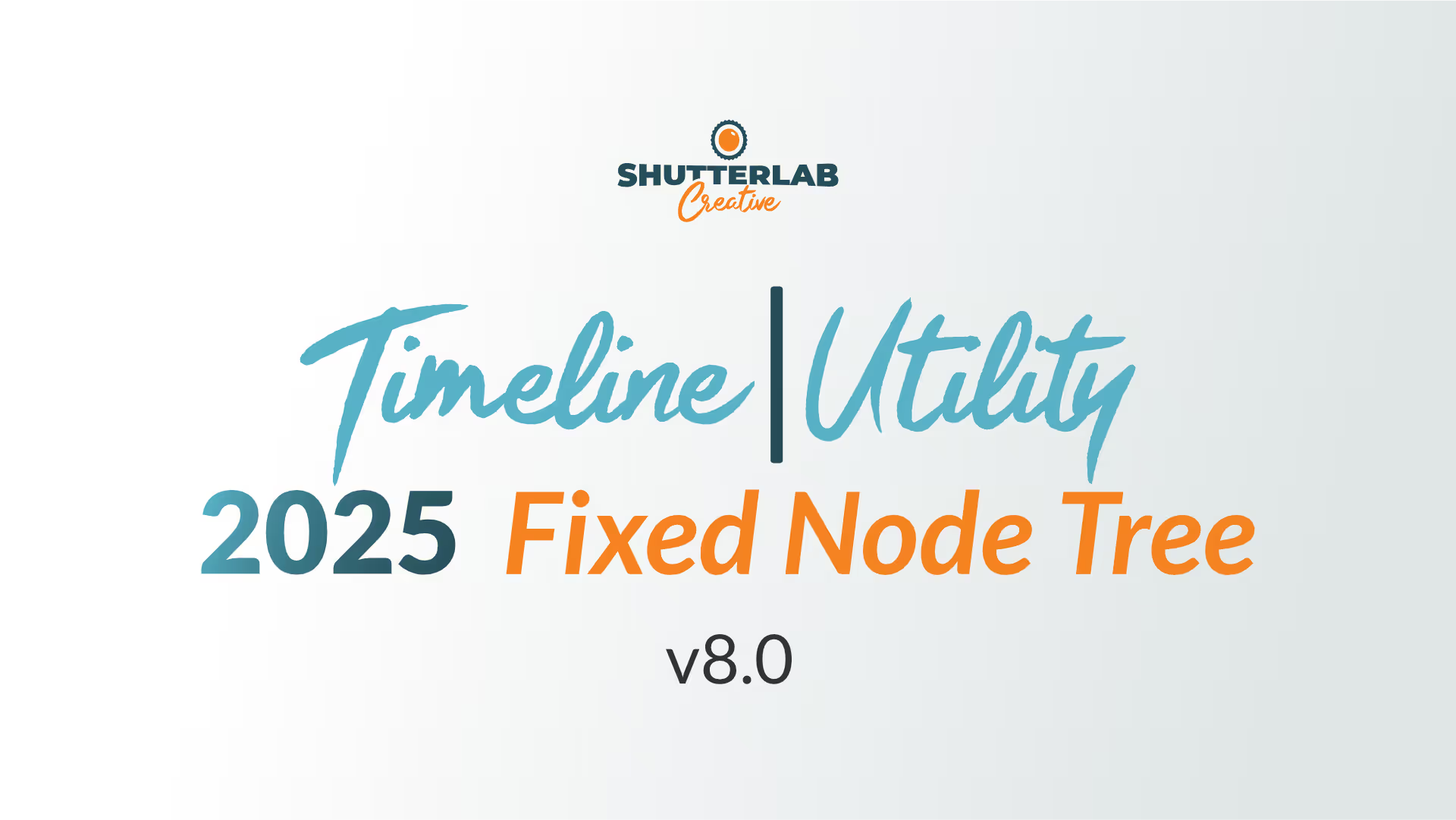
Edit

Experience Delivering
Event
Product
Instructional
Batch Processing


Experience Delivering
Exposure ramping
Timelapse Post Processing
RAW sequence capture

I'm still working on this page's content. Thanks for having a look and check back soon for on going updates!

Experience Delivering
Commercial
Construction
Real Estate


Experience
Managing Multiple Collaborators
Remote Teams
Scheduling
Location Scouting
Technical Producing
Workflow Enhancement

Familiarity with vocabulary and concepts integral to managing phases of a project based on the PMP project management framework. Communication being so vital to the success of a project, I strive to gain alignment using universal language and predictable structure whenever possible.
When it comes to file sharing, document versioning, scheduling, and other PM infrastructure—I use Google Workspace integrations. This in combination with task-based time tracking helps maintain scope and budget for sprints, each step of the way.
Why Google? Simply put, it's the most effective single point of truth in managing my project and professional needs.
However, with experience in a variety of project management paradigms and a mind for dependency related workflow I come prepared to join your organization whatever sandbox you're working with.
Asset management is one of those vital, oft-overlooked parts of content creation. Especially whenever collaborating with a team or handing off deliverables to an end client. Actively managing projects spanning multiple systems, content types, cloud/local/roaming storage, as well as integrating external expectations for asset management means systemization for seamless operability at any point during the project life cycle. Care is taken to project/asset versioning control with iterative backups so checkpoints are never far off should the unexpected occur.
I've refined project housekeeping methods to insure easy archival and retrieval of assets well after the close of a project.
Basically, I ♥ building multi-tiered organizational structures.
So anyone not familiar with a project has a well defined road map to pick up where needed. Oh, and this applies holistically to spaces, physical resources, and digital assets.
Supported Toolset


I cut my teeth editing on Final Cut Pro 7 prior to 2012. Currently, I’m proficient editing in Adobe Premiere and DaVinci Resolve with a cumulative 14 years experience.
I'm at home refining interview footage and pacing ideas with audio/visual language. I find procedural methodology is vital to technical workflow, it's the backbone for creativity. From ingesting source media through finishing I have a mindset geared to iterative improvement. Both for refining my own process and adopting that of who's hiring me.
Here are a few high level points to give you an idea on my approach to the process of editing:
- Source Media: Templated local/cloud based source media organization tailored to the retrieval needs of various project types.
- Meta Tagging: For larger ongoing projects, this is a dynamic way to recall content based on project needs.
- Collaboration / File Exchange: Established workflow for sharing various content types with different contributors along the post journey.
- Conforming for color: I’m comfortable moving between Premiere and Resolve in early stages of an edit to accommodate color needs.
- Adobe Dynamic Linking: Familiar with best practices when linking between Adobe software. i.e. linked timelines vs. Essential Graphics Panel vs. versioned encodes
- Templates: Folder Structure, Power Bins, Power Grades, Creative Cloud Libraries, and Presets galore. If I need to do something more than once I try to build structure around it.
- After Effects + DaVinci Resolve: Yes, definitely. There’s no substitute for Adobe After Effects and moving between the two is super important. Some versioned rendering is needed, but It can be worthwhile to have the benefits of each.
- Versioning: Special attention to version control whenever dealing with dailies selection, interview parsing, deliverables, and trimming b-roll. Iterative progress is important, particularly in on-going series.
"
Do what you can,
with what you have,
where you are."
—Theodore Roosevelt

I hold onto the manual for my first editing software, not just as a nifty artifact, but as a reminder that tools, techniques, and aspiration will and should grow with time.
It’s important to keep trying new things. And when that fails, never stop learning.

Experience Delivering
Product/Service
Human Resources
Promotional
Customer Success Stories
Social Media Content
Travelogue
Multicam
Event Recap/Promotion
Saftey/Instructional
Corporate Internal Communication

...an intrinsic part of the image.
Let's bring your story to life with crafted light & shadow.
Attention to color makes the difference between passing footage and cohesion that enhances work. Setting time aside for the grade may seem excess to requirements, but it's a distinct part of post best not overlooked. What begins on set with white balance, calibration, and lighting is only the start of finding the right look for a project.
Using scopes, the right tools, and some informed process, we can walk your footage through linear, yet modular, stages of refinement.
Why SO many nodes?
This helps with footage captured at 10 or even 8-bit. Third party look development tools have become an integral part of color workflow. Supplementing Resolve with a subset of gentler handling adjustments for noisy, highly compressed footage without breaking the image.
Process Logic Overview

01. Conform
02. Correction
03. Shot Matching
04. Grade
05/02. Look Development
Making adjustments at this phase of the pipeline generally requires a much more delicate touch, using third party tools developed specifically for look development. Native Resolve correctors tend to be too narrow or broad to make changes with groups of images without unintended affects. Likewise, special handling of transforming the image’s display rendering happens at this phase.
Think of this as a top coat that brings the delicate finish of the image together.

Experience Delivering
Multiple End-Devilerables
Film Emulation
Project Specific
Workflow Development
Non-destructive Process

Some techniques I've picked up along the way:
- Fixed Node Trees for predictable workflow
- Node level individual corrections, this lends itself to modularity when reversing work is needed
- Look Development DCTLs employed for subtle, timeline level adjustments
- Easily transposed/overwritten base level corrections on the shot level
- Group adjustments can be added seamlessly for mixed media CST workflows
- Quickly isolate regions of interest with preconfigured nodes for masking/keys
Under controlled lighting, my setup is comprised of routinely color calibrated, backlight 4k displays with 97% DCI-P3 color gamut accuracy. I grade with a set of custom programmed midi controllers, using a Loupedeck+.
Instructional Video:
Script outlining steps and product features to highlight.
Basic lighting setup using diffused bi-color LED panels.

Pre-Production.
Foundation is everything.
Video.
Solo shooter/crew operator.
Adept at location scouting with a trained eye to determine equipment and blocking needs. I specialize in documentary-style environmental montage storytelling, informed by years of shooting on the road.
Timelapse.
Tracing light & shadow.
Drone Piloting.
Part 107 aerial imaging.
Illumination.
Lean product/interview lighting.
Whenever possible, my preference is to add pools of light to frames of shadow.


Experience Delivering
Drone / UAV
How to / Instructional
Event Recap
Documentary
Product / Service
Action Sports / Movement
Commercial
Travelogue

Experience Delivering
Logo Bumpers
Lower Thirds
Typography Animation
Custom Transitions
Particle Systems
Motion Tracking
Basic Compositing
Multipass EXR workflow

Supported Toolset


















